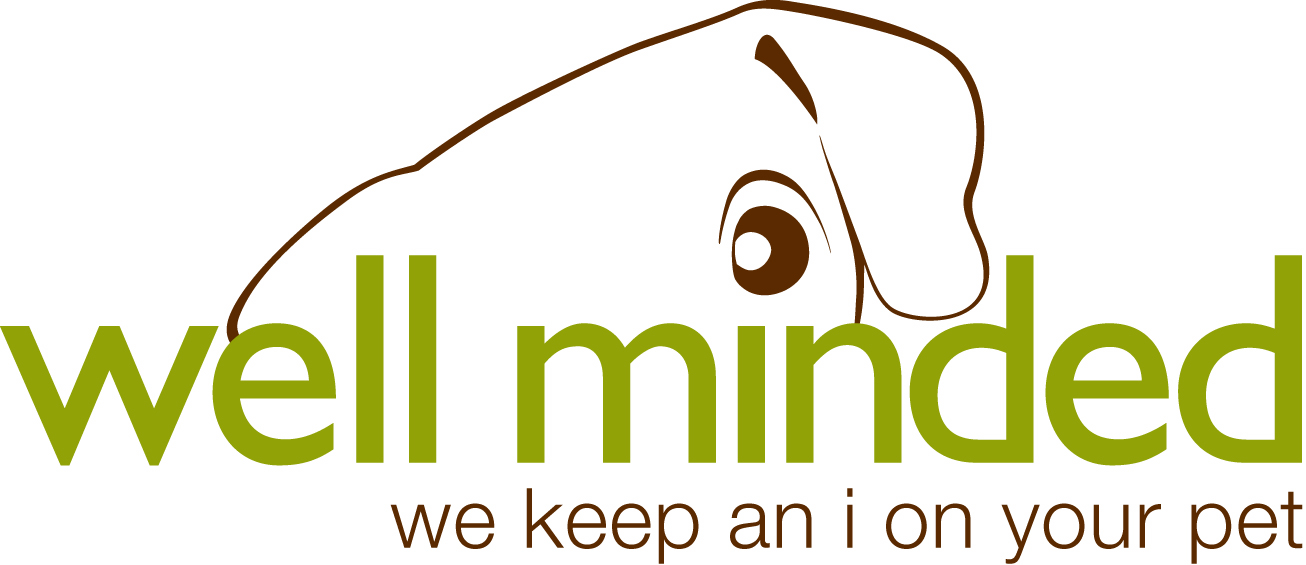Since 1985, Animal Farm Foundation has been working to secure equal treatment and opportunity for "pit bull" dogs. They are a not-for-profit organization that provides the following programs and services:
• makes grants to secure equal treatment and opportunity for "pit bull" dogs
• rescues, trains, re-homes "pit bull" dogs through their New York shelter
• provides consulting services for sheltering professionals on dog evaluation, training, enrichment, adoption strategies, public relations, and communications
• offers no-cost, hands-on internships to shelter professionals and volunteers
• offers lectures and presentations at conferences, shelters, universities, and community events
• hosts visitors of all ages and interests to meet the dogs and experience the mission firsthand
• maintains an extensive historical collection of advertising, art, photographs, books, and magazines featuring "pit bull" dogs
• produces and distributes free positive-image materials that celebrate "pit bull" dogs
So what, exactly, is a "pit bull" dog? Originally, the term meant to include a specific breed, the American Pit Bull Terrier. Over time, however, these dogs came to include dogs who were not necessarily pure bred American Pit Bull Terriers. Animal Farm Foundation explains that "pit bull" is not a breed or breed mix, but an ever-expanding group that includes whatever an animal control officer, shelter worker, dog trainer, politician, dog owner, police officer or newspaper says it is." Animal Farm Foundation saw that these dogs needed help because they are the most likely to be discriminated against.
Why do "pit bull" dogs have such a bad reputation? Prior to the 1980s, "pit bulls" were considered a treasured, gentle breed. There were very few reports of attacks or violent behavior, and the dogs were often associated with children, commonly appearing in film, television, and serving as mascots for popular brands. So what happened? Although it is illegal in all fifty states, dog fighting became popular in the mid-1980s, and the "pit bull" became the dog of choice. "Pit bull" attacks rose because popularity of the breed rose and more and more badly trained dogs raised by backyard breeders began to crank out dogs in order to cash in on the trend. Irresponsible human behavior–not canine behavior–is the root of the problem.
What is breed-specific legislation? Breed-specific legislation is a law or set of laws passed against a specific breed of dog. Breed-specific legislation has not proven to be effective in reducing the number of dog attacks in any particular region because it targets the animal and not the real problem, irresponsible dog owners. Some cities and counties still have breed-specific laws on the books, and some are in the stages of having them passed, while some are overturning them. There is a lot of confusion surrounding these discriminatory laws.
What is The Majority Project? The perception that only criminals and violent people want "pit bull" dogs is not based on fact. In reality, the majority of people who own these canines are normal, everyday individuals and families–responsible pet owners. Animal Farm Foundation's The Majority Project seeks to "put an accurate face to the average 'pit bull' dog owner, so that stereotypes about 'pit bull' dog owners can no longer be used as justification for discriminatory shelter policies and legislation." "Pit bull" dog owners are pictured with their canine companions and a sign describing who they are, stating "I am the majority." I've been seeing these pictures pop up all over the place, and I am always impacted by them, as I imagine others are, too.
Here are a few recent examples:













